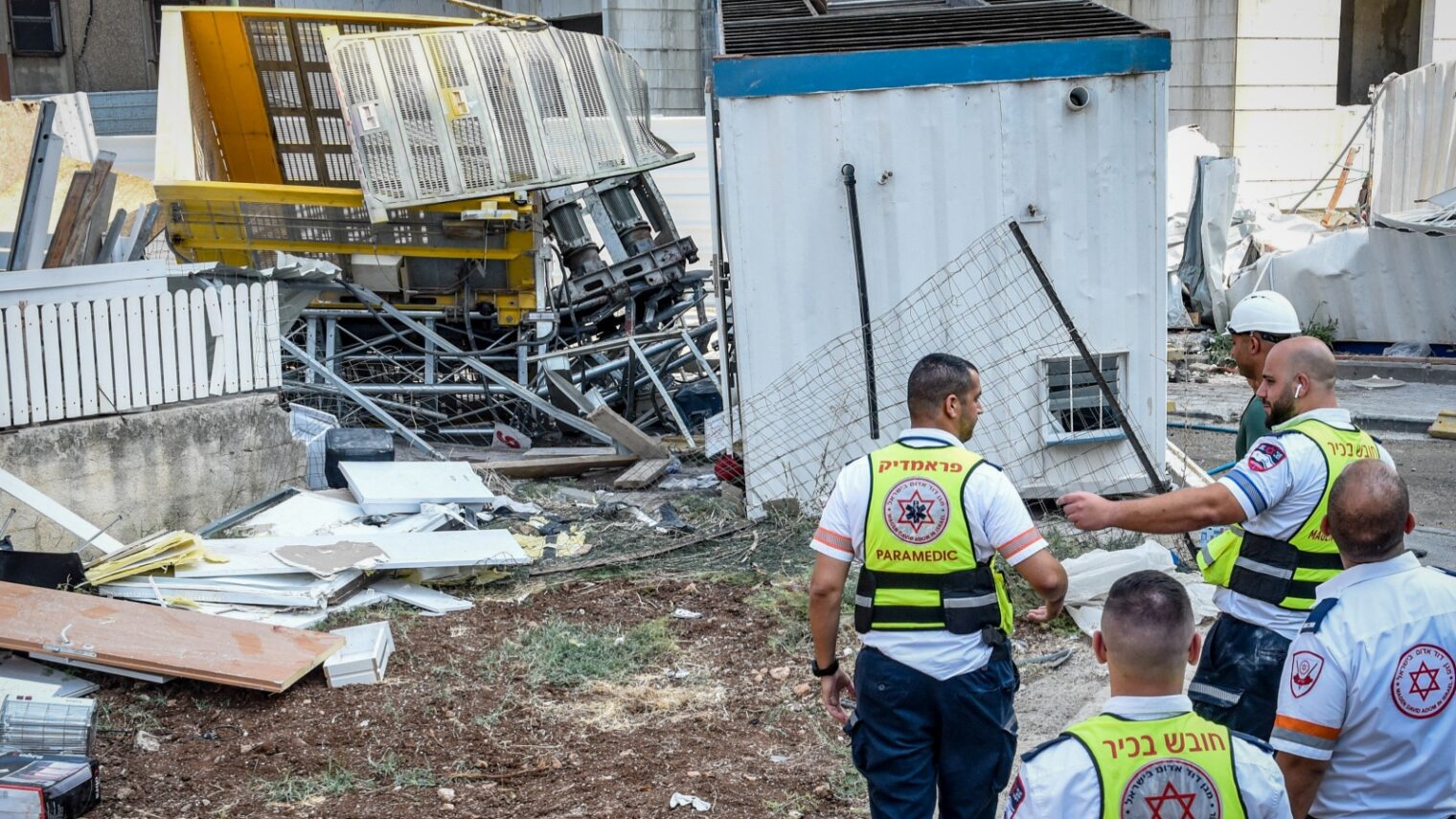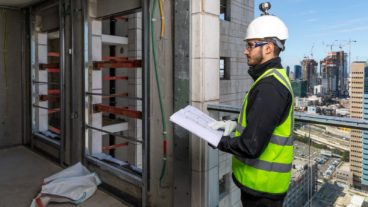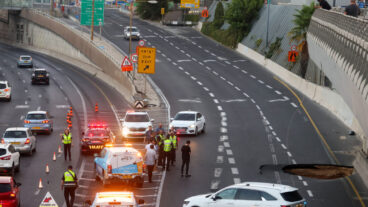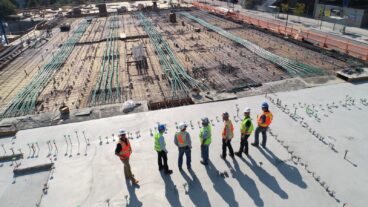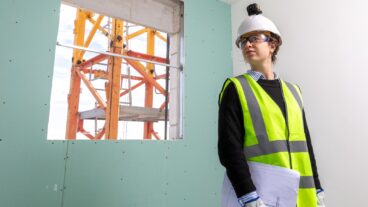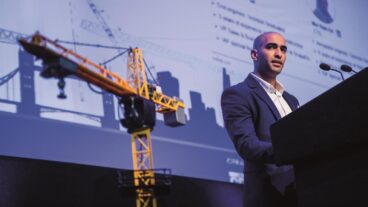A few years ago, serial entrepreneur Izhak Paz served on a committee at Israel’s National Insurance Institute where he discovered that dozens of workers are killed in accidents at Israeli construction sites each year.
“The idea that someone goes to work and just dies there is shocking to me,” he tells ISRAEL21c.
“A person has the right to work, make a decent living and also return home to their family at the end of each day. I decided that I can’t live with it and decided to create a technological initiative that will respond to this issue.”
He did that in the form of a startup called SafeGuard, which supports informed real-time decisions regarding workers’ safety.
“When we studied the construction industry, we saw that the source of the problem is bad decision-making,” he says. “The decisionmaker doesn’t always know what they’re basing their decision on, and that leads to human error that can lead to an accident.”
SafeGuard’s platform also links accident prevention to increased profits, Paz explains, because customers will only buy the product if it aids their bottom line.
Paz began R&D back in 2014, and the company launched its product in 2016. SafeGuard employs some 50 workers in Jerusalem and recently raised $8 million in Series A funding.
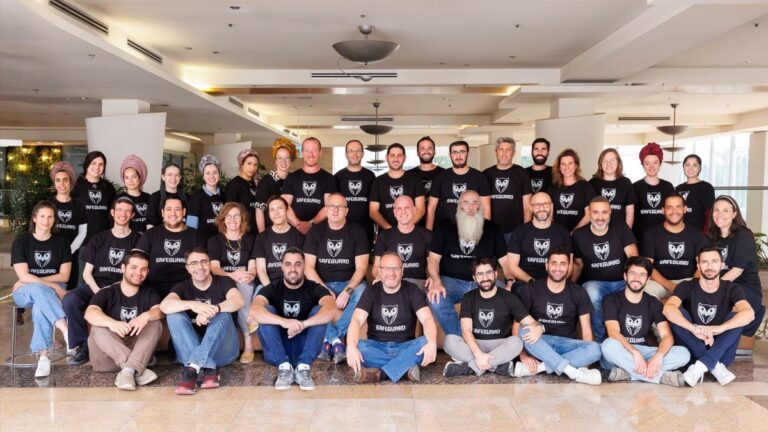
“Each day, 7,500 people die from work accidents around the world. It’s a huge problem,” Paz says.
SafeGuard works with big-name construction companies in Israel and in the United States, South America and Europe. SafeGuard recently launched Otoos, a US subsidiary focusing on the East Coast.
First level: management
“Our system has three levels,” Paz explains.
“The first level of the platform is accessible to the management teams at the site and the heads of the contracting teams, our end users. It’s an app system that covers the whole safety process at the site – monitoring worker competence, employee attendance and location, as well as devices such as cranes.”
When users enter the system, it gives them a real-time safety update on the site – for example, the day’s planned briefings were not held, there are five devices that haven’t yet been checked, or people entered the site without clearance.
“It also shows the performance of the subcontractors, safety hazards and recommendations as to what should be your next move in order to lower danger levels and prevent a potential accident from occurring,” Paz says.
Connected and integrated
“The second level is connection to the ecosystem, since construction projects use many external subcontractors and devices,” Paz says.
“For example, we connected safety consultants and different regulators. We understand that for a worker to be safe, the actions carried out at the site are not enough. There’s also need for a serious wider environment that can mitigate risk.”
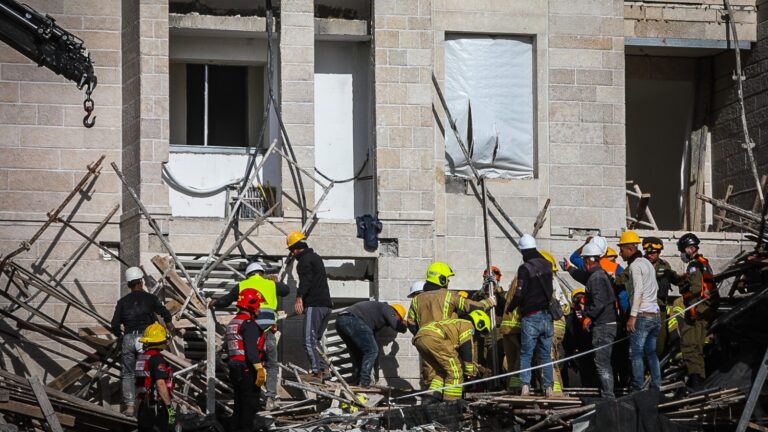
The third level is about integration and connectedness.
“We’re connected to smart cameras, image-processing systems, external software. We can also connect to wearable sensors, so if for example a customer would want to monitor their workers’ location, they’d be able to do so,” Paz explains.
“All these levels of information are then synthesized, some using algorithms that we’ve developed and some using artificial intelligence.”
The information is compiled into a recommendation of action for the decisionmaker.
“We want the system to be one step ahead of the decisionmaker in order to prevent patterns that can eventually lead to an accident at the site.”
Adaptable
SafeGuard’s system can be adapted to the regulatory and social norms in different countries.
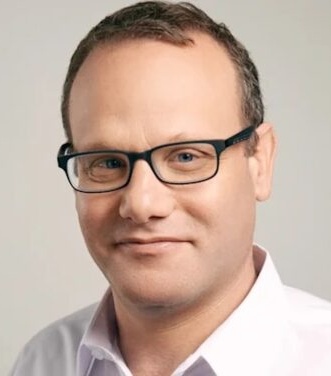
“We see differences in the way the system is being used,” says Paz.
“In some places, certain modules aren’t used at all and in others they’re used to a great extent, according to each culture and its priorities and the state of technological development in the construction industry.”
South American construction companies, for example, are very interested in the issue of digitalization, whereas in the United States there’s great emphasis on how accidents impact insurance costs.
“I’m still looking to strengthen the issue of the importance of human life,” Paz notes. “If companies understand that, they’ll automatically receive all the financial benefits around it.”
Safety in Israel
According to Israel’s Histadrut labor union, 29 construction workers have been killed on the job since the beginning of the year. On May 1, a worker died in Tel Aviv after the crane in which he was standing knocked down a utility pole and entangled him in electric wiring.
However, Paz is optimistic for the future.
“When we started out, there was a lot of cynicism about the capability of the industry to change, coming from within the industry. Nowadays, I’m sitting with the heads of construction companies who are wanting more and more capabilities that go far beyond regulation demands,” he says.
“We’re seeing results – we’ve lowered the rate of reported accidents by 70 percent for the companies that work with us. Companies are very ready to adopt technology.”
SafeGuard’s vision, says Paz, is to apply the full force of AI to virtually eliminate accidents.
“We’d like to become the standard in safety management in the age of AI. I want that when people think of safety management, they’ll think of SafeGuard.”
For more information, click here.




